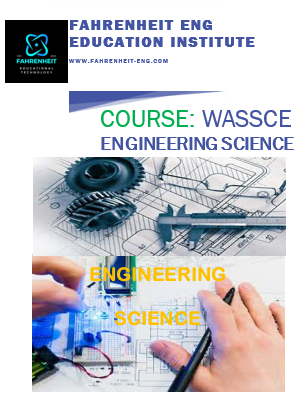Engineering Science

About Course
The study of Engineering Science is a fundamental scientific discipline that explores the nature and behavior of matter and energy throughout the universe.
Potential career paths for Engineering Science graduates:
- Traditional Teaching Careers:
- Research Physicist (in academia, government labs, or industry)
- University Professor
- High School Physics Teacher
- Astronomer or Astrophysicist
- Engineering and Technology:
- Aerospace Engineer
- Optical Engineer
- Nuclear Engineer
- Materials Scientist
- Robotics Engineer
- Quantum Computing Researcher
- Data Science and Computing:
- Data Scientist
- Machine Learning Engineer
- Software Developer (especially in scientific computing)
- Computational Physicist
- Finance and Economics:
- Quantitative Analyst (“Quant”)
- Financial Modeler
- Risk Analyst
- Actuary
- Healthcare and Medical Physics:
- Medical Physicist (working with radiation therapy, medical imaging)
- Biophysicist
- Health Physicist (radiation protection)
- Energy Sector:
- Renewable Energy Researcher
- Nuclear Power Plant Operator
- Energy Consultant
- Environmental Science:
- Climate Modeler
- Atmospheric Scientist
- Geophysicist
- Defense and Aerospace:
- Defense Contractor
- Space Systems Engineer
- Missile Systems Analyst
- Technology Industry:
- Product Developer
- Technical Consultant
- Patent Examiner
- Science Writer or Communicator
- Entrepreneurship:
- Tech Startup Founder
- Scientific Consultant
Student Ratings & Reviews

No Review Yet
